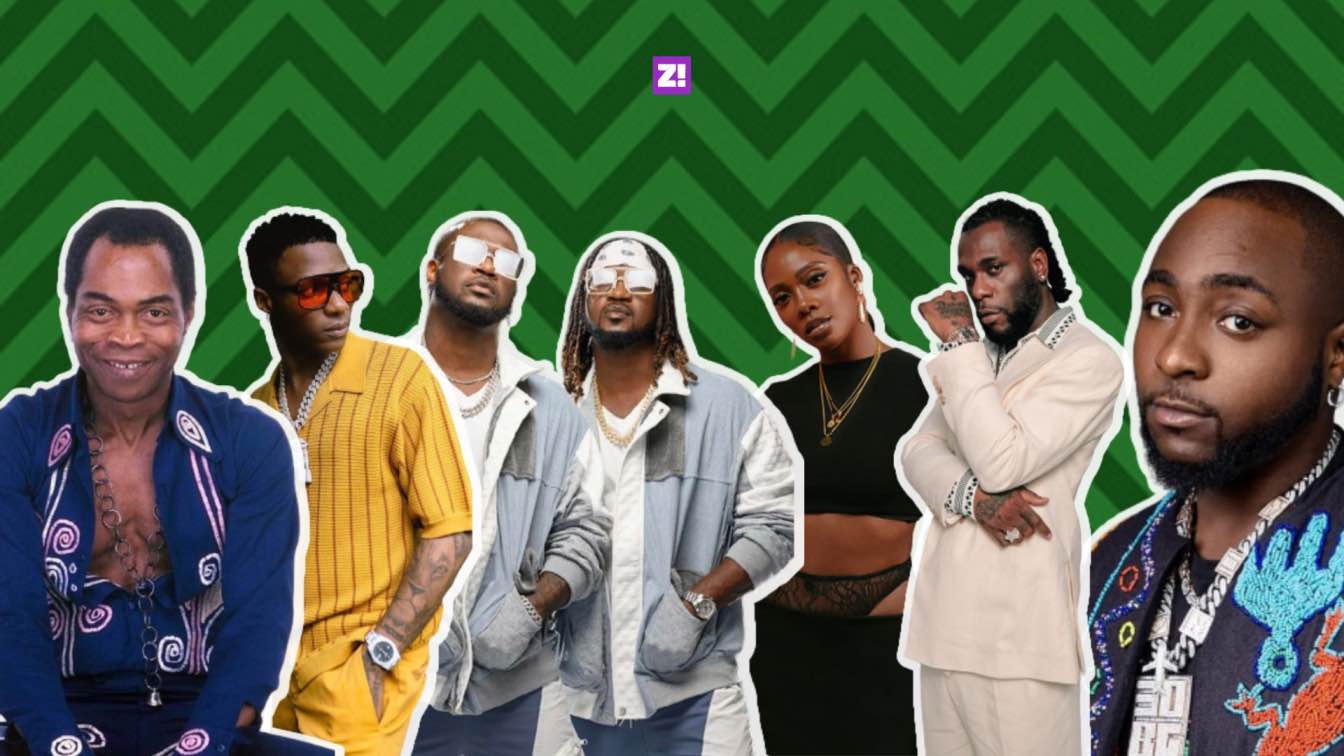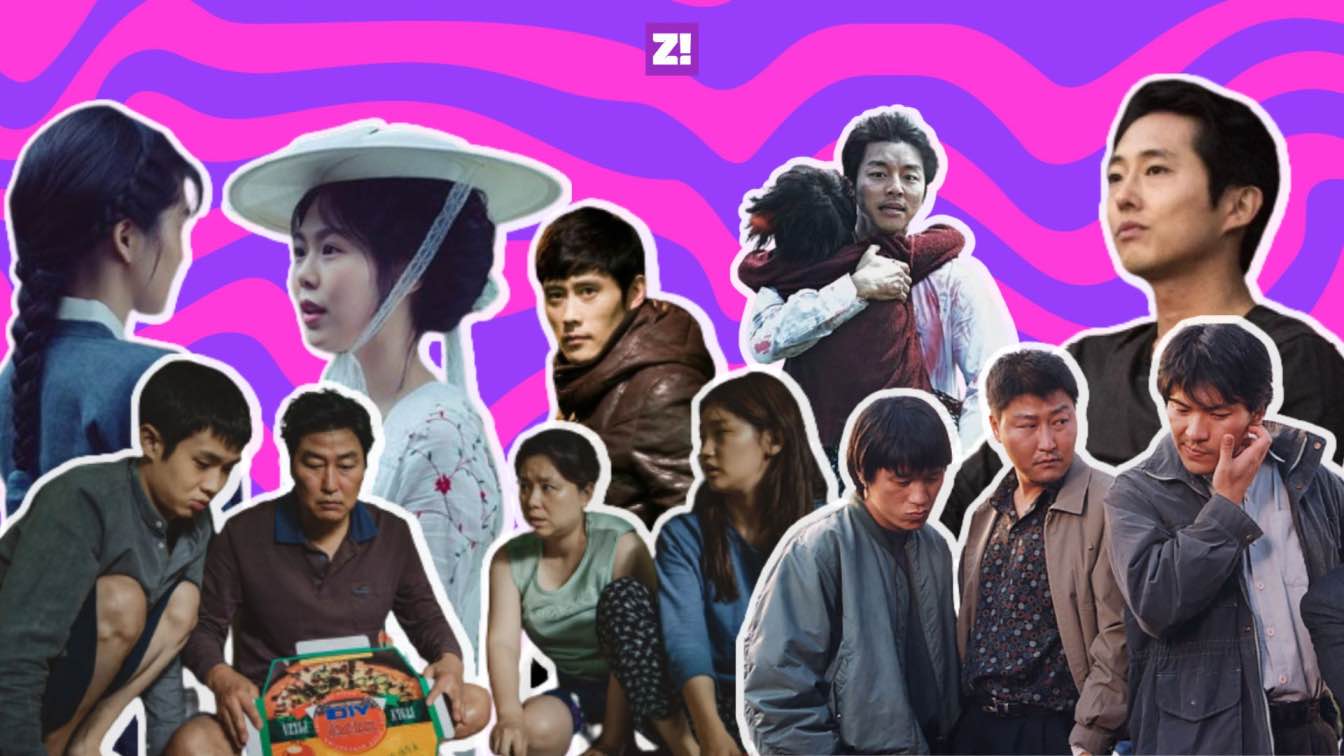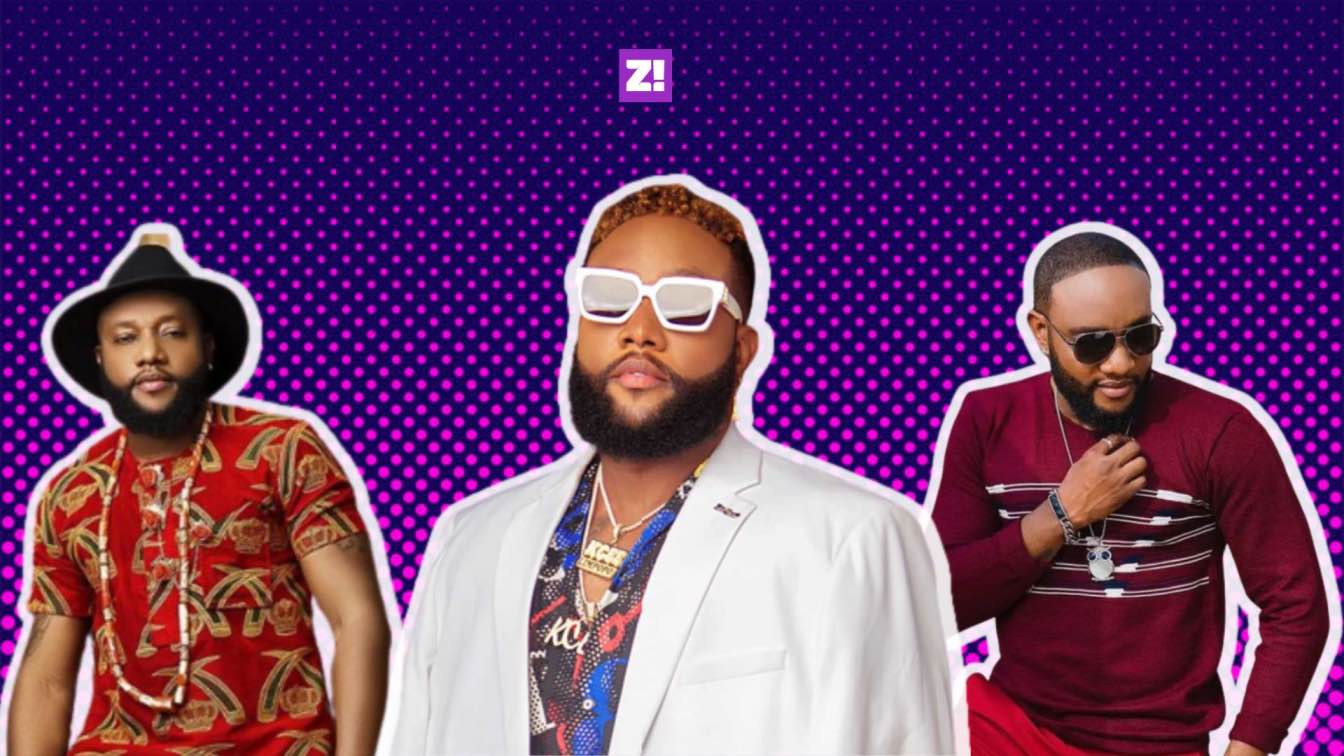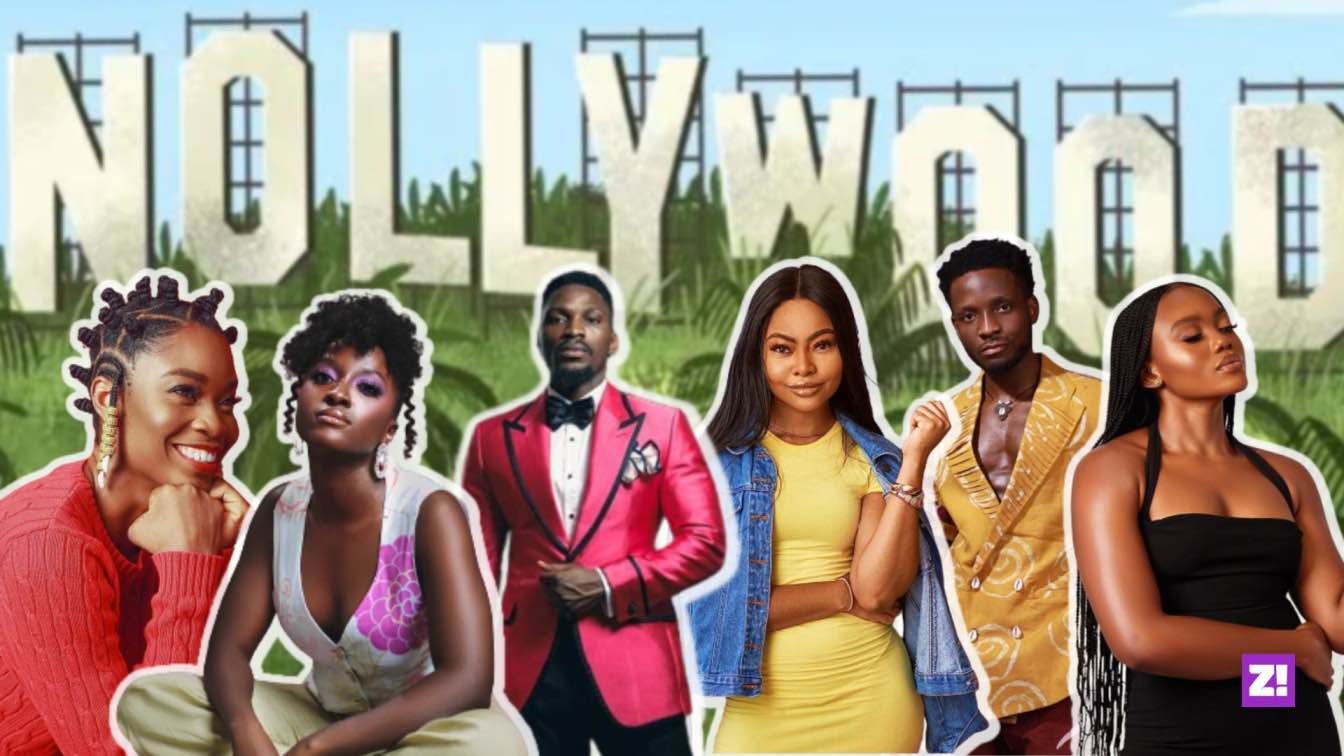With a Grammy (and multiple nominations), two top ten hits on the Billboard Hot 100, groundbreaking collaborations and a signature sound that’s captured the hearts and waistlines of fans worldwide, Wizkid is undoubtedly one of the most iconic figures in afrobeats today. But how did Ojuelegba’s Ayodeji Balogun become the biggest Nigerian export since crude oil? It all started with his highly contagious debut single, Holla At Your Boy.
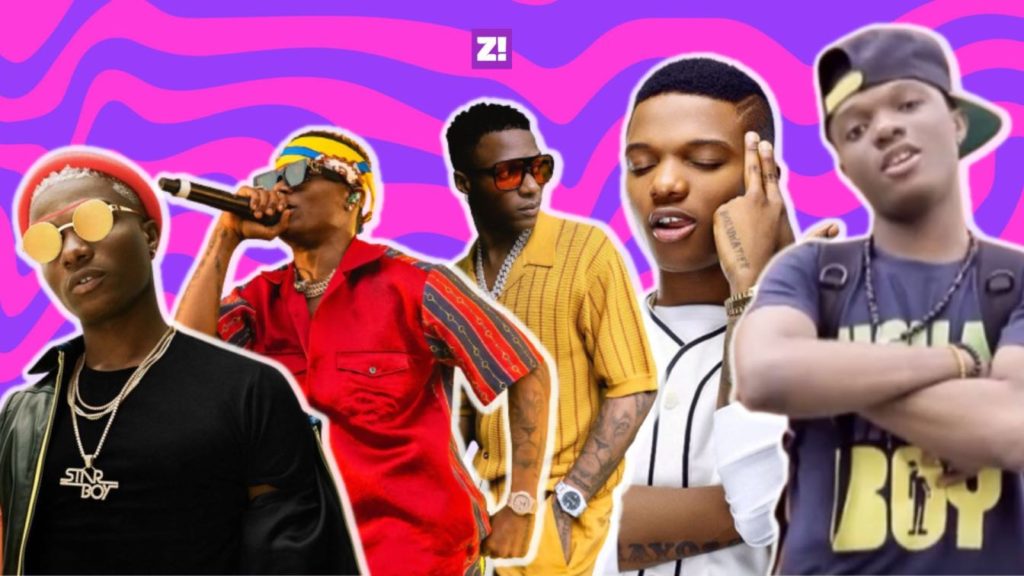
About six days before Justin Bieber took over the world with the Ludacris-assisted hit, Baby, miles away, Nigerians got introduced to our version of a teen popstar heartthrob when Holla At Your Boy dropped on January 2, 2010.
Decked head-to-toe in all the 2010s fashion trends: skinny jeans, Supra sneakers, shambalas, a non-religious rosary, graphic tees, Ray Ban glasses and a mohawk, because why not? The sound and visual appeal of the then 19-year-old singer were so well-crafted that he seamlessly caused a shift in the music industry, offering a glimpse into a new phase of afrobeats that would eventually usher in other young stars like Davido, Dammy Krane, Mo’Cheddah and Olamide.
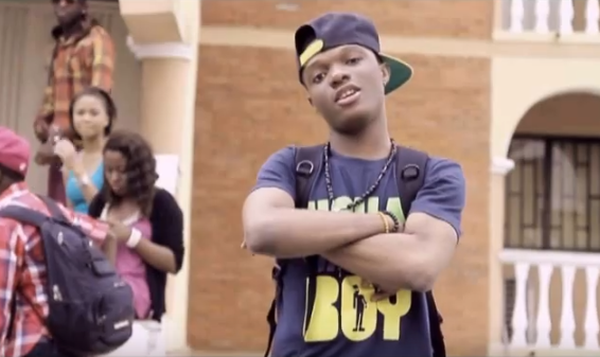
Produced by DJ Klem and Vebee, Holla At Your Boy sampled Girls by Korean singer Se7en, with Wizkid’s vocals and palpable energy carrying the song across the finish line. Unlike the relaxed, no-stress Big W we know today, who’s confident enough to make an album called More Love, Less Ego, baby Wizkid had no ego — all he wanted to do was prove himself and make a statement in a game dominated by legends who’d been running things for almost a decade at the time. Wiz was hungry for success, and he poured every ounce of that drive into what would later form part of his debut album, Super Star.
RECOMMENDED: Is “More Love, Less Ego” Wizkid’s Horniest Album? Here’s What We Think
But before there was Holla At Your Boy
Following his signing to EME, Wizkid caught our attention when his vocals provided the hook for Fast Money Fast Cars, off MI’s critically acclaimed 2009 debut album, Talk About It. Making an indelible impression opposite “Nigeria’s own Kanye West from the West” was no easy feat, but Wizkid pulled it off. That same year, Wizkid made a cameo in Banky W’s star-studded Lagos Party music video, doing a cute one-two step alongside his label head.
After Holla At Your Boy, Wizkid became a household name. While the song had teenagers and adults singing along to the playful “If you see me drive by, holla at your boy/ I got more swag, holla at your boy”, the Patrick Ellis-directed video was a pop culture moment in its own right, with cameos from Banky W, Ice Prince and Skales, as well as future entertainment juggernauts like Asa Asika, Uche Odoh and Sophie Alakija.
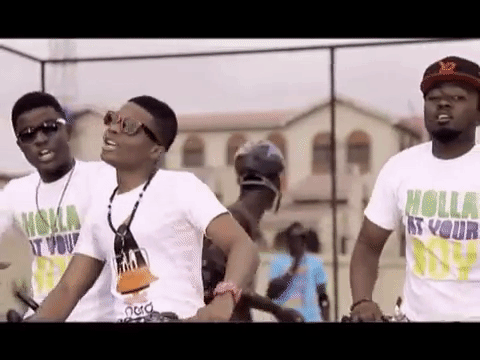
At a time when streaming wasn’t even a thing, Wizkid charmed his audience with an infectious bop, setting the stage for a career that’s broken records and pushed afrobeats to the forefront of the global music conversation. While we’re grateful for the Wizkid that gave us Ojuelegba, Jaiye Jaiye and Essence, we’ll never forget the 19-year-old dreamer who doggy-ed in his skinny jeans on a basketball court with his friends. That was the moment when we fell in love with Ayodeji Balogun.
ALSO READ: We Ranked the Best Wizkid Songs of the Decade
Can you handle the hotness of Zikoko’s women’s only party of the year, HERtitude? Click here to buy your ticket and find out.


